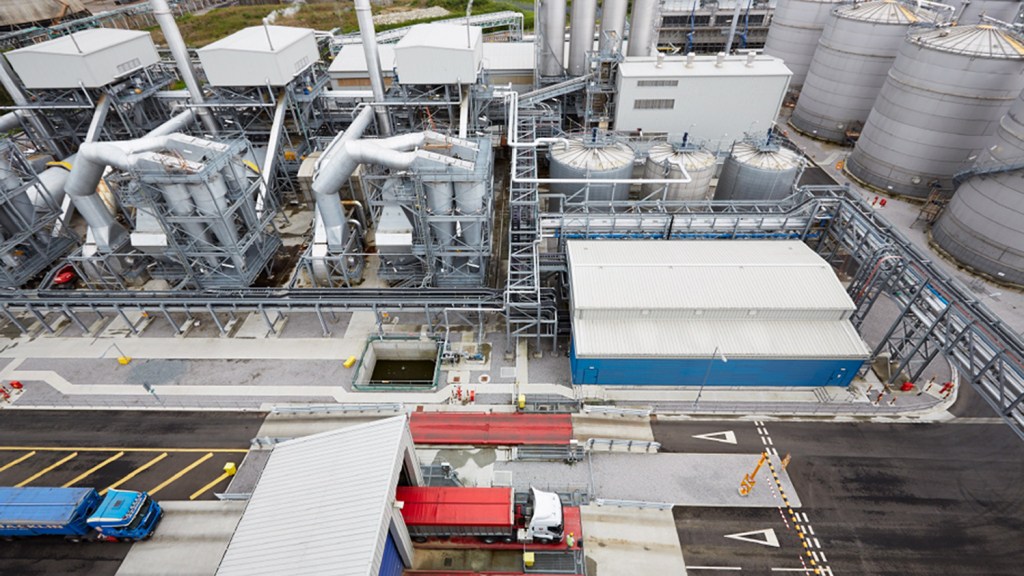UK Bioethanol Producers Warn of Job Losses from US Trade Agreement
The UK government is experiencing increasing pressure to safeguard local bioethanol manufacturers amidst apprehensions that the removal of tariffs on American imports could lead to factory closures and job losses across the nation.
The British Chambers of Commerce has urged government officials to offer targeted financial assistance to domestic bioethanol producers, following warnings from two significant local companies that the new US trade agreement jeopardizes their competitive standing.
Vivergo Fuels, a key bioethanol facility owned by Associated British Foods (ABF), along with Ensus, a facility operated by a German company located in Redcar, North Yorkshire, have expressed serious concerns regarding the US agreement, which abolishes a previously imposed 19 percent tariff on US ethanol imports.
Shevaun Haviland, the director-general of the British Chambers of Commerce, emphasized, “Targeted government support is essential to protect the future of this sector and sustain investor confidence as we pursue our environmental and economic objectives.”
Bioethanol is a component of a motor fuel designed to reduce carbon emissions. The environmentally-friendly fuel, E10 petrol, utilized by motorists in the UK consists of 10 percent bioethanol and 90 percent standard unleaded petrol.
Vivergo Fuels, one of the UK’s largest bioethanol production sites, was acquired by ABF from BP in 2015. Located in Hull, it employs around 160 individuals.
ABF, a publicly listed company that also operates Primark and is partly owned by the billionaire Weston family, indicated in April that the plant could be shut down due to low bioethanol price levels, which have led to reduced production. Vivergo also generates animal feed as a by-product of its bioethanol production.
Ben Hackett, managing director of Vivergo, cautioned that the trade agreement poses a significant threat, predicting that a potential closure of the Hull plant could jeopardize 4,000 jobs both directly and within its supply chain.
He stated, “While we appreciate the engagement with ministers, we now require tangible support to back those encouraging discussions.”
Ensus, owned by CropEnergies, a German entity, has operated its bioethanol facility at the Wilton International site for 15 years and employs approximately 150 people. This plant also utilizes wheat to manufacture bioethanol and produces high-protein animal feed and carbon dioxide as by-products.
Grant Pearson, chairman of Ensus UK, commented, “The impacts of this trade agreement will reverberate across various sectors, encompassing agriculture, food and drink, hospital operations, nuclear energy, and the advancement of sustainable aviation and maritime fuels, thus posing risks to the UK’s endeavor to decarbonize its chemical industry.”




Post Comment